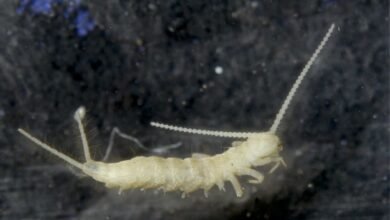Indore Named The Cleanest For The Sixth Time

According to officials, Indore has won India’s cleanest city for the sixth consecutive year thanks to the daily processing of 1,900 tonnes of municipal trash, which generates millions of rupees in revenue and supplies fuel for its buses.
On October 1, the findings of the annual cleanliness survey conducted by the Union government were released. The cleanest cities were found to be Indore, Surat, and Navi Mumbai.
In Indore, garbage is separated into six categories at a collection location rather than the usual dry and wet categories.
Despite producing 1,200 tonnes of dry waste and 700 tonnes of wet waste per day, the state’s commercial center and largest city, Madhya Pradesh, which has a population of 35 lakh, lacks garbage bins.
850 vehicles in Indore gather the rubbish from homes and businesses and categorize it into six different categories.
Different forms of trash have their own compartments in the vans. For instance, used sanitary napkins are placed in a separate compartment.
For effective processing, the first sorting of the collection is helpful.
The bio-CNG plant that runs on the moist waste collected from the city is the focal point of the IMC’s waste disposal procedure. Officials from the city claim that it is the largest such facility in Asia.
Prime Minister Narendra Modi opened this $150 million plant with a 550 MT per day capacity at the Devguradia trenching area on February 19.
It can produce 10 tonnes of organic manure and 17,000 to 18,000 kg of Bio-CNG.
Up to 150 municipal buses may run on this bio-CNG, which is around $5 less expensive than regular CNG.
A private firm paid the IMC 2.52 crore as an annual premium for supplying garbage to the bio-CNG facility, and 8.5 crores from the sale of carbon credits on the international market, for the disposal of waste during the previous fiscal, totaling 14.45 crore.
According to Sharma, the civic organization expects garbage disposal to bring in 20 crores in the current fiscal year.
He stated that up to 8,500 Safai Mitras maintain Indore’s cleanliness in three shifts. According to horticulture officer Chetan Patil, sewage produced in the city is also processed at three unique facilities and used in 200 public gardens, farms, and building projects.
News Mania Desk






